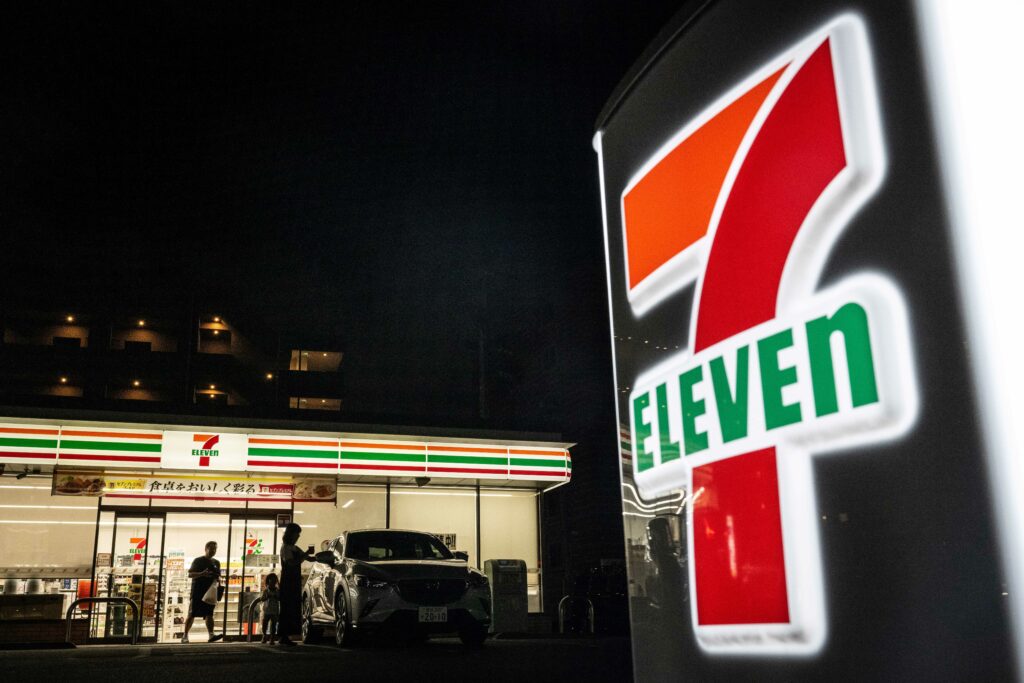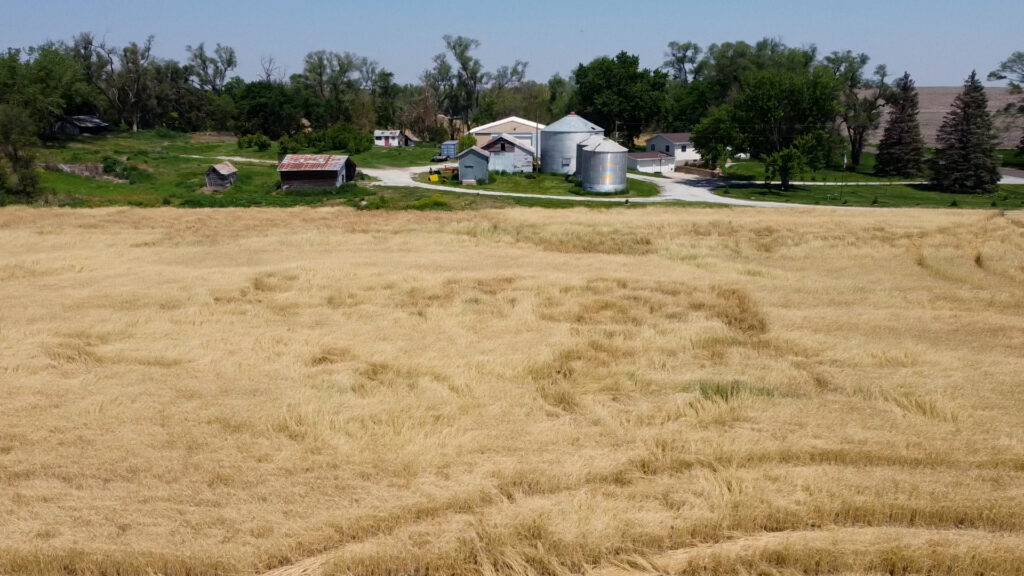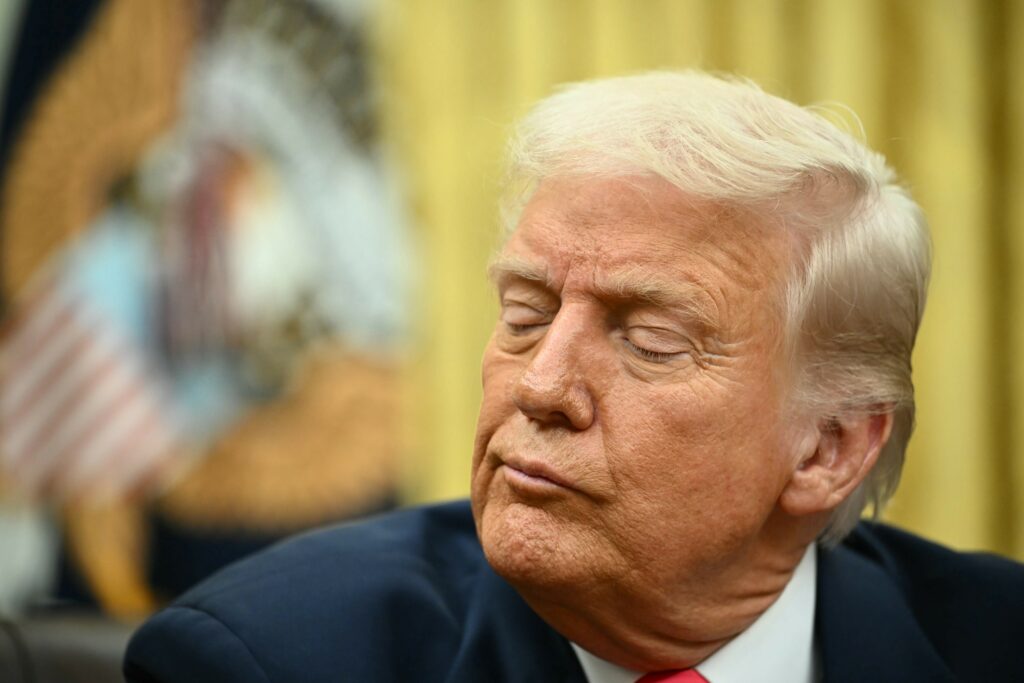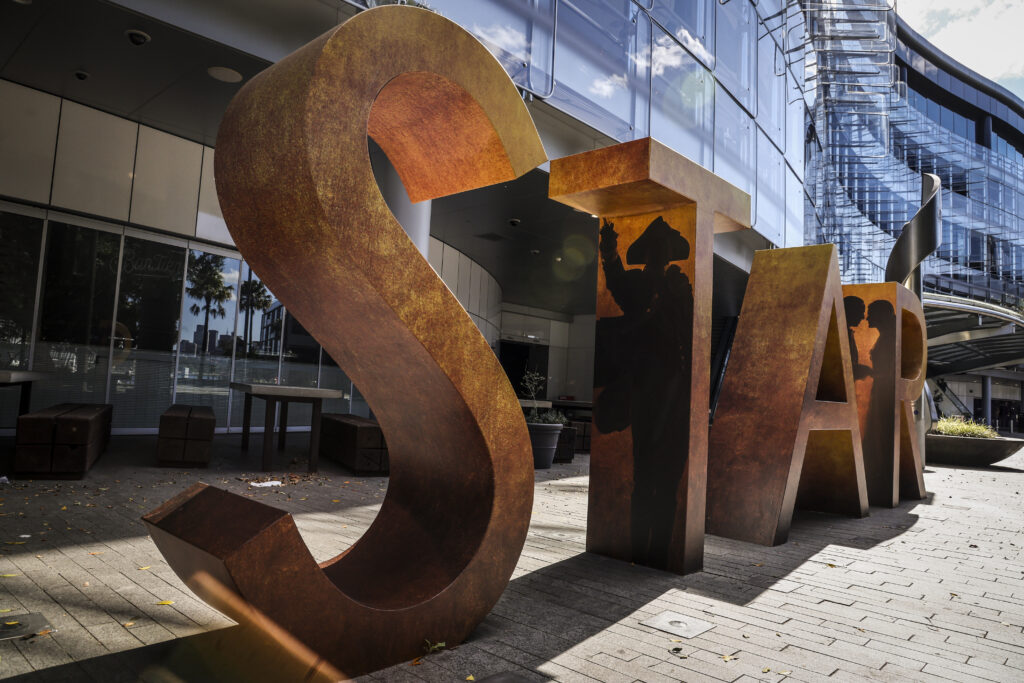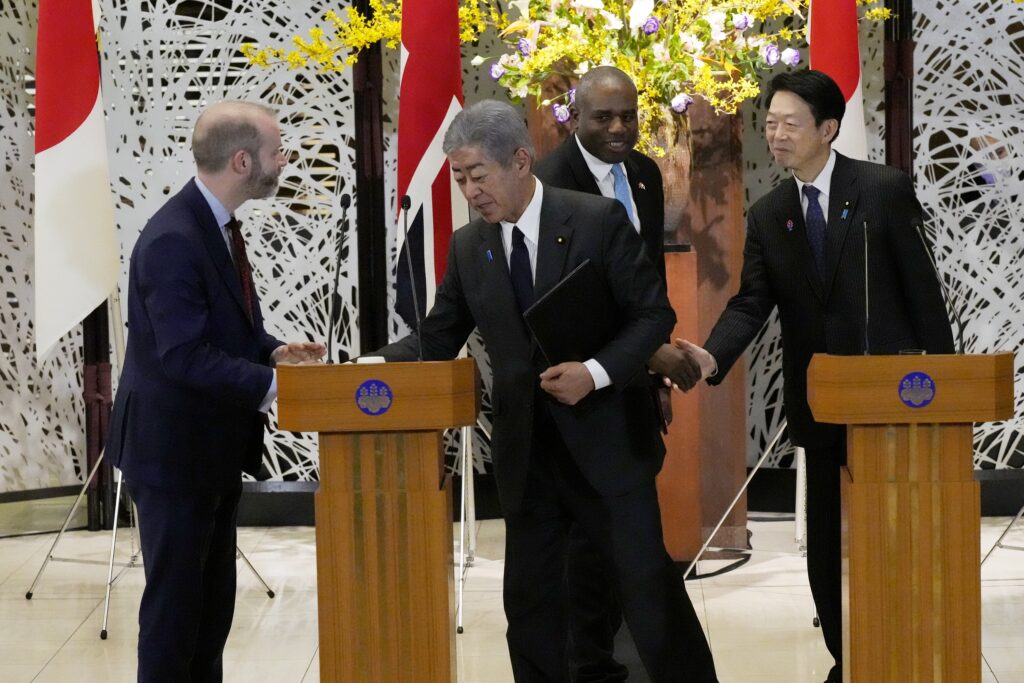7-Eleven to explore sell-offs with Couche-Tard ahead of potential merger
The Japanese owner of 7-Eleven said Monday it had agreed to jointly explore store sell-offs with Alimentation Couche-Tard (ACT) to address antitrust concerns ahead of a potential merger.It comes just days after Seven & i — which has wholly owned 7-Eleven, the world’s biggest convenience store brand, since 2005 — announced a raft of new measures to fend off a takeover from its Canadian rival.”Joint outreach by financial advisors to ACT and 7&i to potential buyers has begun,” Seven & i said in a statement.Couche-Tard has agreed to jointly “map out the viability of a divestiture process by defining operational, management, and financial characteristics of the group of stores to be sold and identifying potential buyers”, it added.”This would provide some insight into the prospects of success along terms that had a reasonable likelihood of satisfying US antitrust regulators,” Seven & i said.”We and our advisors believe we can now make progress towards determining whether a credible and actionable remedy and divestiture package can be achieved that would allow a realistic assessment of ACT’s proposal.”On Thursday, the Tokyo-based company announced a huge share buyback and an IPO of its US unit — the latest twist in a saga that began last year, when Seven & i rebuffed a takeover offer worth nearly $40 billion from ACT.When Seven & i rejected the initial takeover offer from ACT in September, the company said it had “grossly” undervalued its business and could face regulatory hurdles.Such a takeover would be the biggest foreign buyout of a Japanese firm, merging the 7-Eleven, Circle K and other franchises to create a global convenience store behemoth.Japan’s Yomiuri daily reported last week that a special committee scrutinising ACT’s raised offer of reportedly around $47 billion had decided formally to reject that too.Seven & i, which operates some 85,000 convenience stores worldwide, also named Stephen Dacus as its first foreign CEO on Thursday.Around a quarter of 7-Eleven stores are in Japan where they are a beloved institution, selling everything from concert tickets to pet food and fresh rice balls.ACT, which began with one store in Quebec in 1980, runs nearly 17,000 convenience store outlets worldwide, including Circle K.
